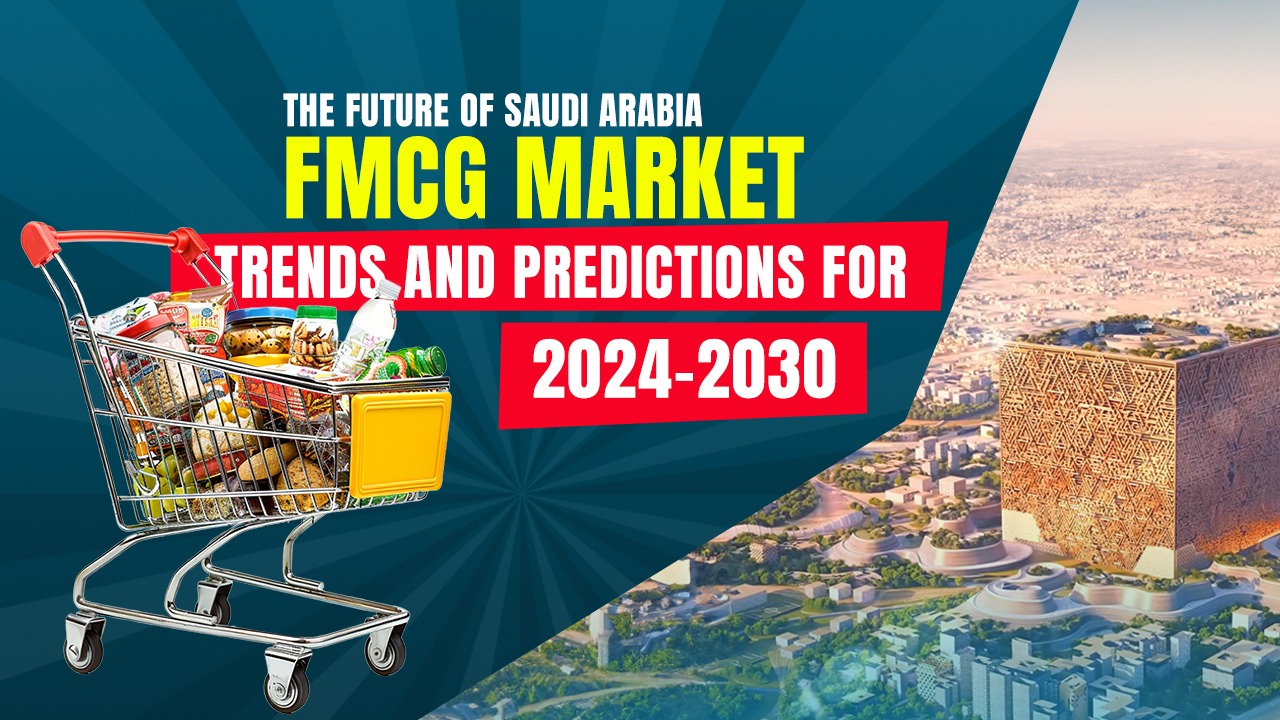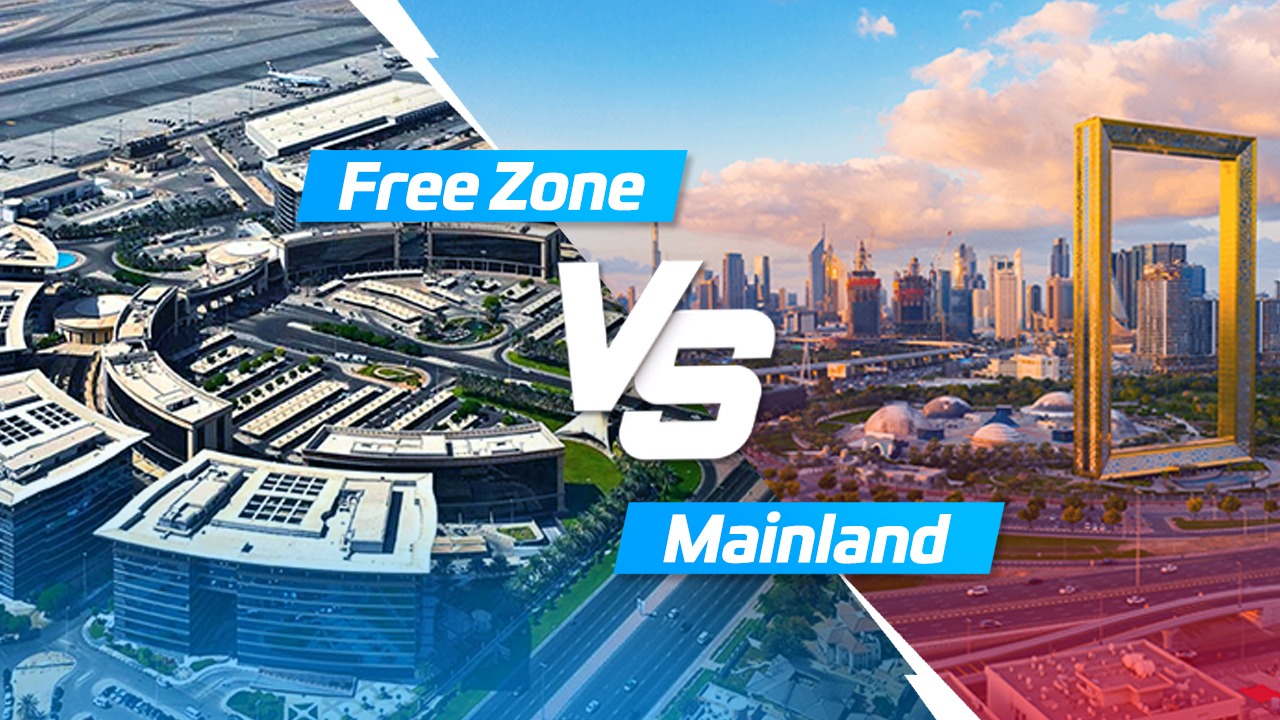Saudi Arabia, with its burgeoning economy and rapidly evolving consumer landscape, is poised for significant changes in the Fast-Moving Consumer Goods (FMCG) sector over the next decade. As we venture into the period between 2024 and 2030, several key trends and dynamics are expected to shape the FMCG market. This blog delves into these emerging trends, offering insights into what the future holds for businesses and consumers alike in Saudi Arabia.
- Growth Driven by Demographic Shifts
Saudi Arabia’s population is a crucial driver of FMCG market growth. The nation’s young, tech-savvy population, combined with a growing middle class, is set to reshape consumer preferences and purchasing behavior. By 2030, millennials and Generation Z will dominate the consumer base, demanding products that align with their values, such as sustainability, convenience, and innovation.
- Rise of E-Commerce and Digital Transformation
E-commerce has already shown promising growth in Saudi Arabia, and this trend is expected to accelerate significantly. The convenience of online shopping, coupled with advancements in digital payment systems and logistics, is making it easier for consumers to access a wide range of FMCG products. By 2030, the digital landscape will likely dominate FMCG transactions, pushing traditional retailers to invest heavily in their online presence and digital marketing strategies.
- Increased Focus on Health and Wellness
As Saudi Arabia continues to address health and wellness, there is a growing demand for healthier food and beverage options. Consumers are becoming more health-conscious, seeking products with natural ingredients, lower sugar content, and functional benefits. This trend is expected to influence FMCG companies to innovate and diversify their product offerings to cater to health-conscious consumers.
- Sustainability and Ethical Consumption
Sustainability is becoming a significant concern for consumers worldwide, and Saudi Arabia is no exception. There is an increasing expectation for FMCG companies to adopt sustainable practices, such as reducing plastic packaging, sourcing responsibly, and minimizing their carbon footprint. By 2030, sustainability will likely be a key differentiator for brands, influencing consumer choices and driving market growth.
- Technological Advancements and Innovation
Technological advancements are set to transform the FMCG sector in Saudi Arabia. From artificial intelligence and machine learning in supply chain management to blockchain for transparency and traceability, technology will play a pivotal role in optimizing operations and enhancing consumer experiences. Additionally, innovations in product development and personalized marketing will be crucial for staying competitive in the evolving market.
- Shift Towards Premium and Experience-Driven Products
As disposable incomes rise and consumer preferences evolve, there is a noticeable shift towards premium and experience-driven products. Saudi consumers are increasingly willing to spend on high-quality, unique products that offer added value. FMCG companies will need to adapt by offering premium lines, exclusive offerings, and enhanced customer experiences to cater to this segment.
- Expansion of Local and Regional Brands
With the rise of national pride and local entrepreneurship, there is a growing opportunity for local and regional brands to make a mark in the FMCG sector. Saudi consumers are showing increasing support for homegrown brands that resonate with local values and culture. This trend presents an opportunity for local entrepreneurs and businesses to innovate and capture market share.
- Regulatory Changes and Market Dynamics
The regulatory landscape in Saudi Arabia is evolving, with new policies and regulations impacting the FMCG sector. Companies will need to stay informed about regulatory changes related to product standards, labeling, and import/export regulations to ensure compliance and avoid disruptions. Adapting to these changes proactively will be essential for maintaining a competitive edge.
Conclusion
The FMCG market in Saudi Arabia is on the cusp of transformation, driven by demographic shifts, technological advancements, and evolving consumer preferences. Companies that stay ahead of these trends, embrace innovation, and align with sustainability and health-conscious values will be well-positioned to thrive in this dynamic landscape. As we look towards 2030, the opportunities are vast, and the potential for growth is significant, making Saudi Arabia a key market to watch in the FMCG sector.



